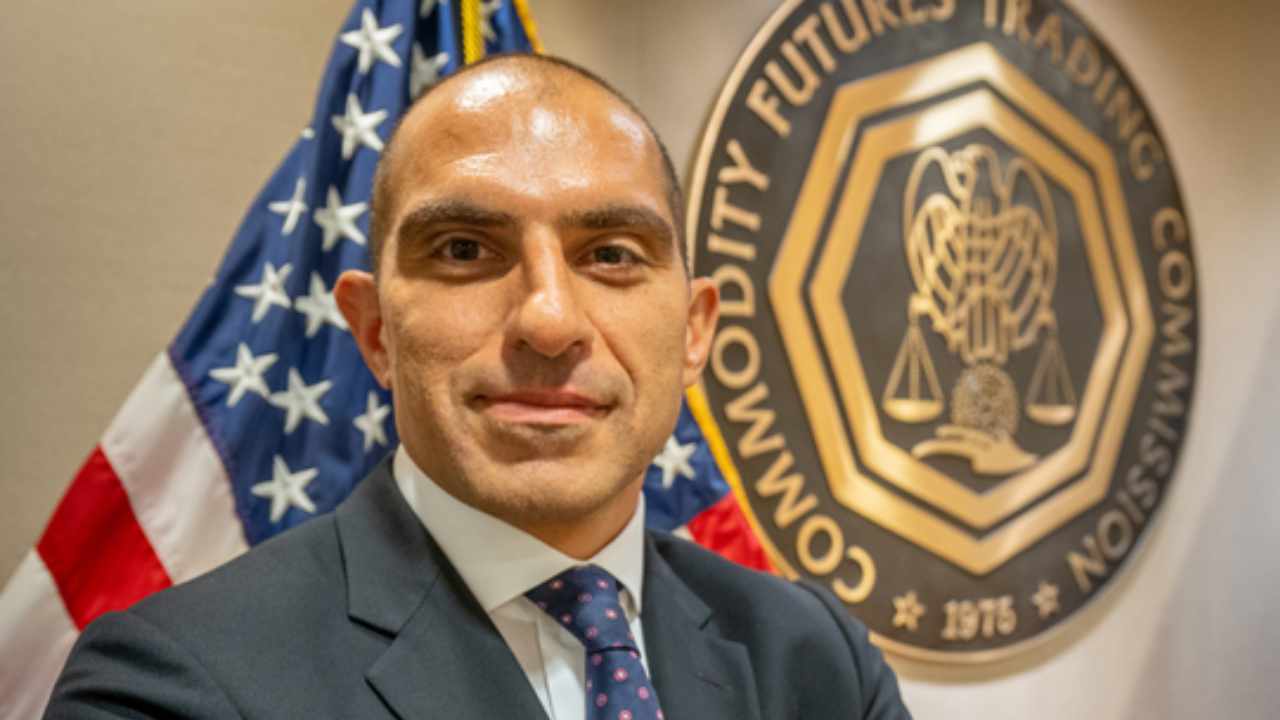CFTC Chair Exposes Explosive Turf Battle Over Commodities Market Dominance!
Key Points:
- CFTC Chairman Behnam asserts that the majority of crypto assets are legally considered commodities, offering crucial regulatory clarity in the U.S.
- A regulatory “turf war” between the SEC and CFTC impedes clear guidelines for the crypto industry, reflecting the urgent need for legislative action.
- Despite the U.S.’s prominent position in the global crypto landscape, regulatory uncertainties and enforcement actions hinder industry growth, impacting economic potential.
Chairman of the Commodities Futures Trading Commission (CFTC Chair), Rostin Behnam, made a crucial statement regarding the regulatory status of crypto assets in the U.S. Behnam affirmed that, a substantial portion of crypto tokens is classified as commodities, providing much-needed regulatory clarity for the evolving industry.
Amid the regulatory complexities faced by the crypto sector, Rostin Behnam emphasized the pressing need for legislative action. He highlighted ongoing efforts by members of Congress to navigate the intricate regulatory landscape surrounding digital assets. The U.S. holds a significant position in the global cryptocurrency arena, alongside Australia and Brazil. However, the lack of regulatory certainty and continuous enforcement actions against crypto businesses present challenges that hinder sustained enterprise activities in the region.
One of the chief impediments, as identified by Behnam, is the persistent “turf war” among regulatory bodies, notably between the Securities and Exchange Commission (SEC) and the CFTC. This conflict impedes the establishment of clear regulatory guidelines for digital assets and the broader crypto industry.
SEC and CFTC Clash on Crypto Oversight
Behnam’s perspective on crypto regulation diverges from that of SEC Chair Gary Gensler, who asserts that crypto intermediaries are dealing in securities and should fall under the SEC’s purview. Despite these differences, Rostin Behnam underscores a positive working relationship with the SEC, emphasizing shared interests in safeguarding U.S. markets, the financial ecosystem, and consumers.
Addressing the Senate Agriculture Committee in March, Behnam categorized various digital assets, including Ethereum and stablecoins, as commodities. He noted that Ether has been listed on CFTC exchanges for an extended period, providing the agency with jurisdiction over both ETH’s derivatives market and its underlying market.
This affirmation echoes the CFTC‘s previous classification of Ether and other crypto assets as commodities, as evidenced by a lawsuit against FTX founder Sam Bankman-Fried in December 2021, where Bitcoin, Ether, and Tether were all identified as commodities.
DISCLAIMER: The information on this website is provided as general market commentary and does not constitute investment advice. We encourage you to do your own research before investing.























